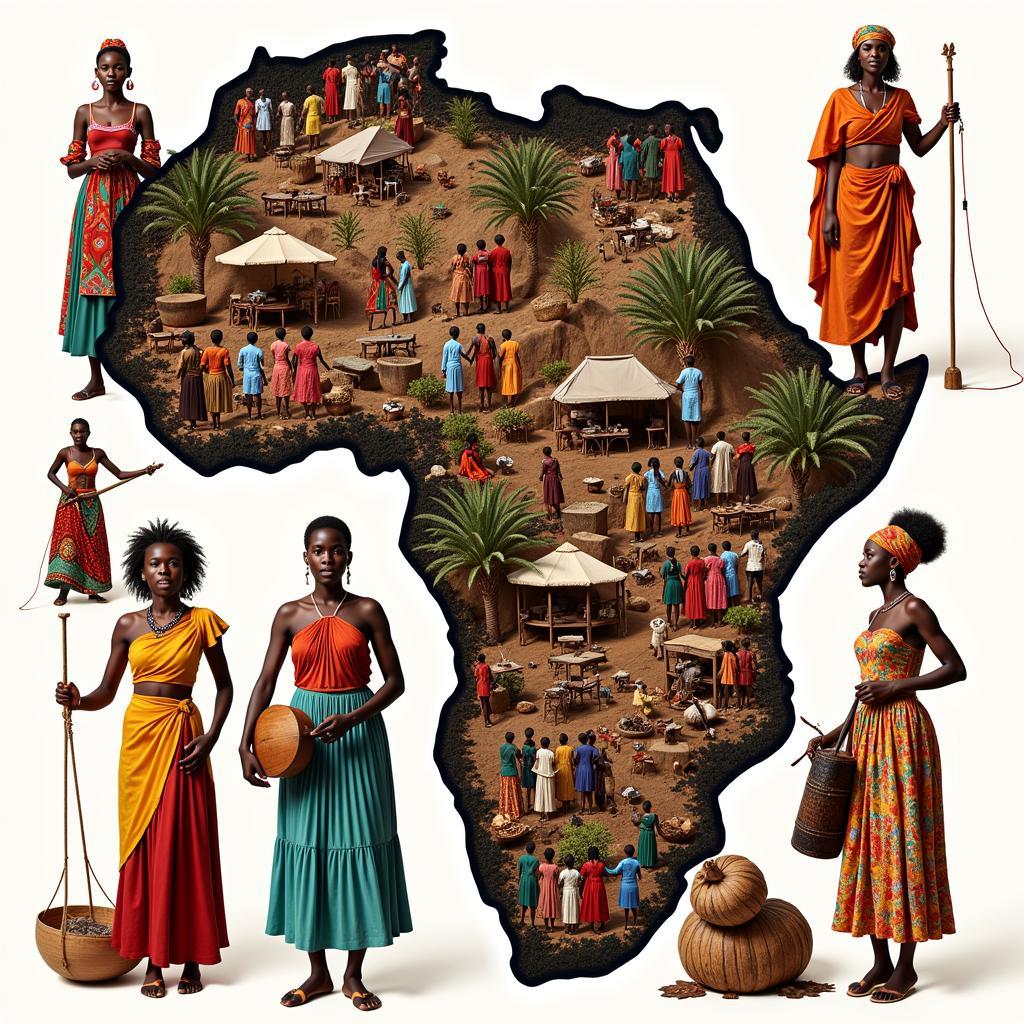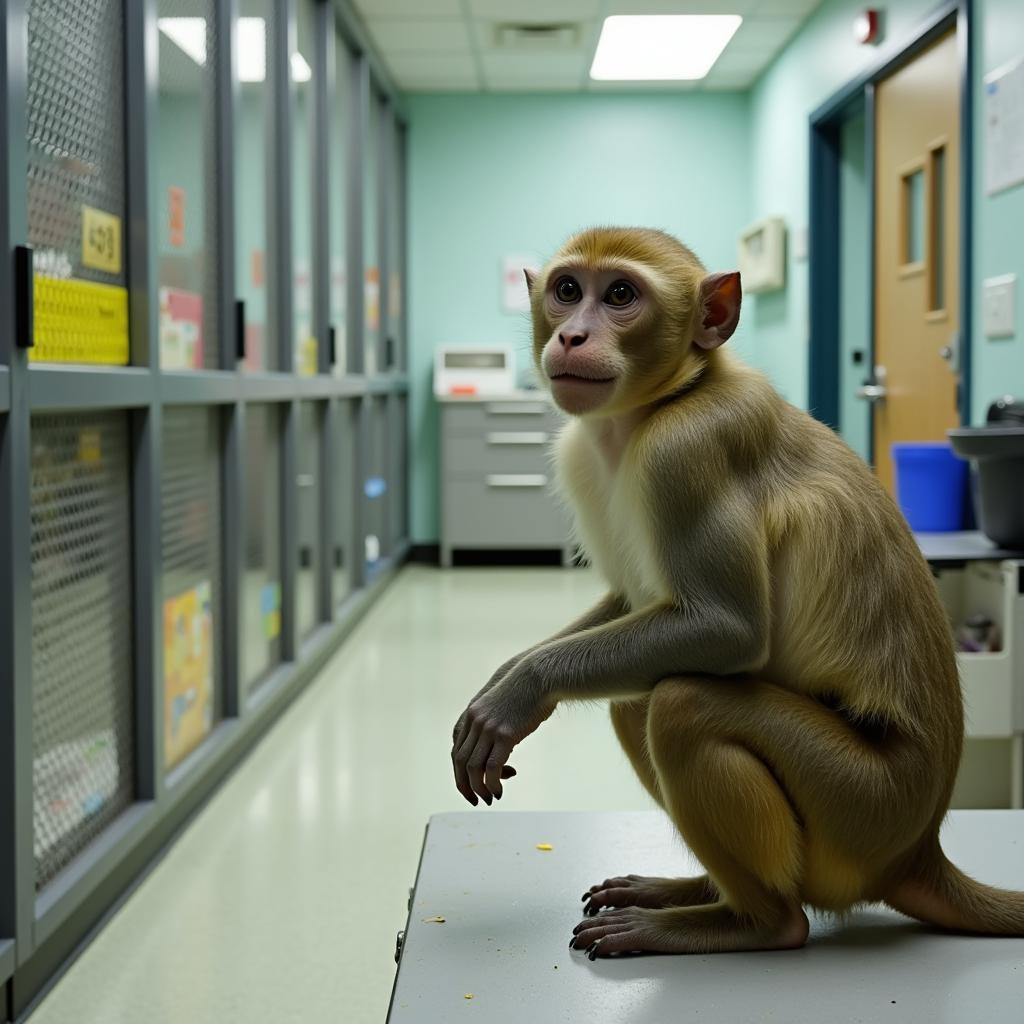Exploring the African Boer Goat Farm in India: A Journey of Adaptation and Success
The African Boer goat, renowned for its exceptional meat quality and rapid growth rate, has captivated the world with its remarkable qualities. While originating from South Africa, these goats have found a new home in India, where farmers are embracing their potential for enhanced livestock production. This article delves into the fascinating world of African Boer goat farms in India, exploring their unique characteristics, the challenges faced, and the remarkable success stories emerging from this dynamic industry.
The Rise of African Boer Goats in India
The introduction of African Boer goats to India marked a significant shift in the country’s livestock landscape. These goats, known for their hardiness, adaptability, and high-yield potential, quickly caught the attention of Indian farmers seeking to diversify their livestock and enhance their income. The Boer goat’s resistance to various diseases, coupled with its ability to thrive in diverse climates, made it an ideal choice for India’s vast and varied farming regions.
Adapting to the Indian Environment
Despite their proven success in South Africa, the African Boer goats faced new challenges upon their arrival in India. The country’s unique climatic conditions, distinct feed sources, and diverse farming practices required a period of adaptation. Farmers and livestock experts worked tirelessly to understand the needs of these goats, tailoring their management practices to suit the Indian environment.
Breeding and Genetic Selection
A key element in the success of African Boer goat farms in India has been a focus on selective breeding programs. These programs aim to preserve the desirable traits of the Boer goat, such as high meat yield, rapid growth, and disease resistance, while simultaneously enhancing their adaptability to the Indian environment.
The Benefits of African Boer Goat Farming in India
The rise of African Boer goat farms in India has yielded numerous benefits for farmers and the nation’s livestock sector. Here are some key advantages:
- Enhanced Meat Production: The Boer goat’s superior meat quality and rapid growth rate significantly increase meat production, meeting the growing demand for high-quality protein in India.
- Improved Income Generation: The increased profitability associated with Boer goat farming provides farmers with a sustainable income source and contributes to rural economic development.
- Disease Resistance: The Boer goat’s natural resistance to various diseases reduces veterinary expenses and minimizes the risk of livestock losses.
- Environmental Adaptability: The goat’s ability to thrive in diverse climates and feed on a wide range of plants makes it a sustainable and adaptable livestock option for various regions of India.
Success Stories and Challenges
The journey of African Boer goat farming in India has been marked by both success stories and challenges. Many farmers have witnessed remarkable growth in their livestock herds and seen their incomes soar. However, challenges remain, particularly regarding disease outbreaks, market access, and the need for ongoing research and knowledge sharing.
A Peek Inside a Successful Boer Goat Farm:
“I transitioned from dairy farming to Boer goat farming five years ago,” says Mr. Rajeev Sharma, a seasoned farmer in Punjab. “The higher profitability and the ease of management of Boer goats convinced me to make the switch. Now, my herd has doubled, and my income has seen a significant increase. The Boer goat has truly brought about a transformation in my life.”
Challenges Faced by Indian Boer Goat Farmers:
“Despite the success, we need to overcome challenges to ensure the sustainable growth of this industry,” acknowledges Dr. Priya Singh, a leading veterinarian and researcher in the field. “One major hurdle is the spread of diseases like foot and mouth disease. We need to focus on disease prevention and control, as well as implement better vaccination programs.”
The Future of African Boer Goat Farming in India
The future of African Boer goat farming in India looks promising. The government’s support for livestock development, coupled with the growing demand for high-quality meat, creates a favorable environment for this sector.
Key factors driving the future growth of this industry:
- Government Initiatives: The Indian government’s focus on promoting livestock development, including subsidies and infrastructure development, is expected to boost the sector’s growth.
- Market Demand: The rising demand for high-quality meat in India, driven by urbanization and changing consumer preferences, creates a favorable market for Boer goat products.
- Technological Advancements: Advances in breeding technologies, disease management, and feed science are enhancing the efficiency and productivity of Boer goat farms.
FAQ:
-
Q: What are the key characteristics of African Boer goats?
A: Boer goats are known for their rapid growth, high meat quality, superior carcass yield, disease resistance, and adaptability to various climates. -
Q: What are the specific challenges faced by African Boer goat farmers in India?
A: Challenges include disease outbreaks (like foot and mouth disease), limited access to markets, and the need for improved infrastructure and technological advancements. -
Q: How can I start an African Boer Goat Farm In India?
A: You can contact your local livestock department or veterinary services for guidance and information on setting up a Boer goat farm, including best practices for breeding, management, and marketing.
Conclusion
The introduction of African Boer goats to India has revolutionized the country’s livestock landscape. Farmers are embracing the potential of this breed for enhanced income generation and sustainable livestock production. While challenges remain, the future of African Boer goat farming in India is bright, driven by government support, growing market demand, and technological advancements.




